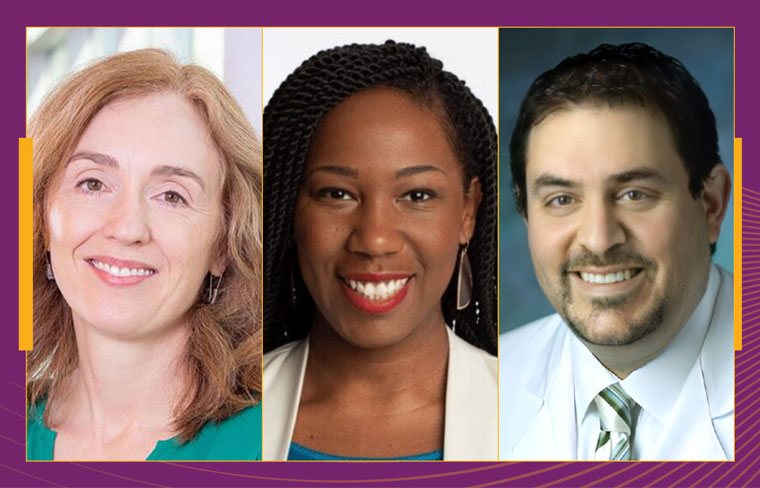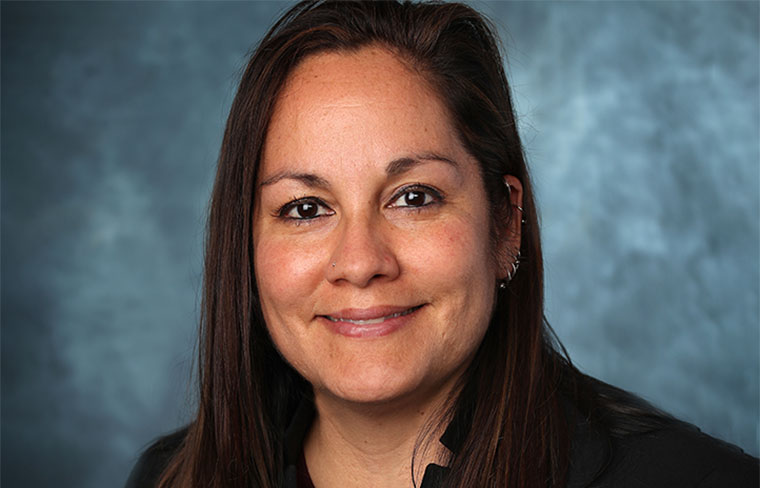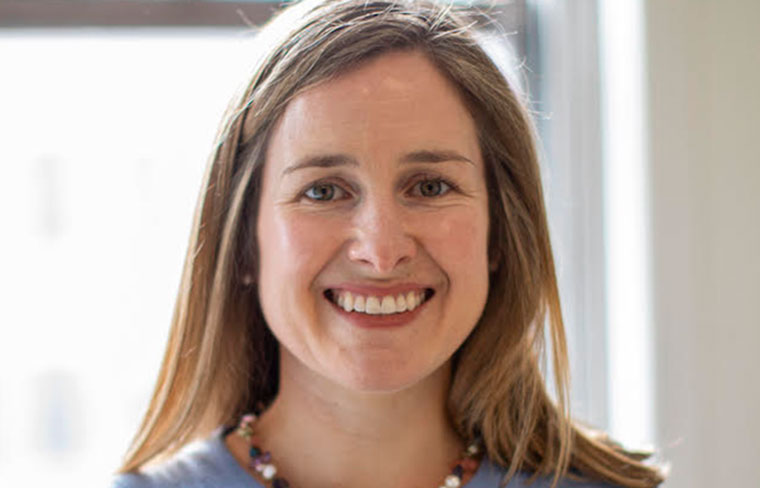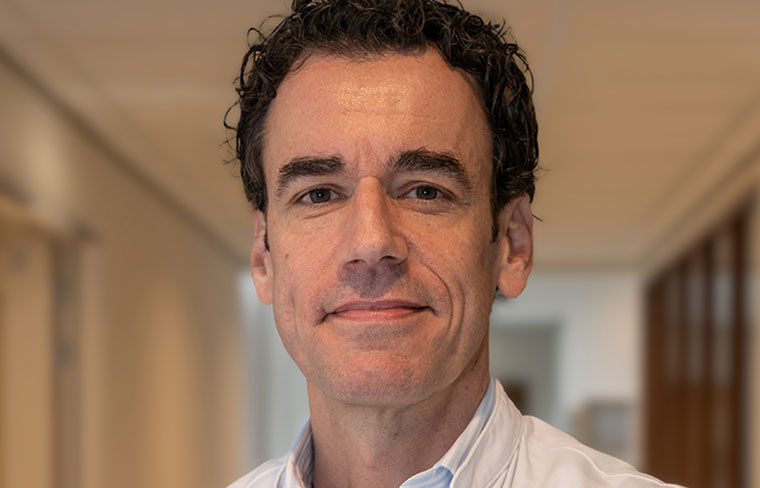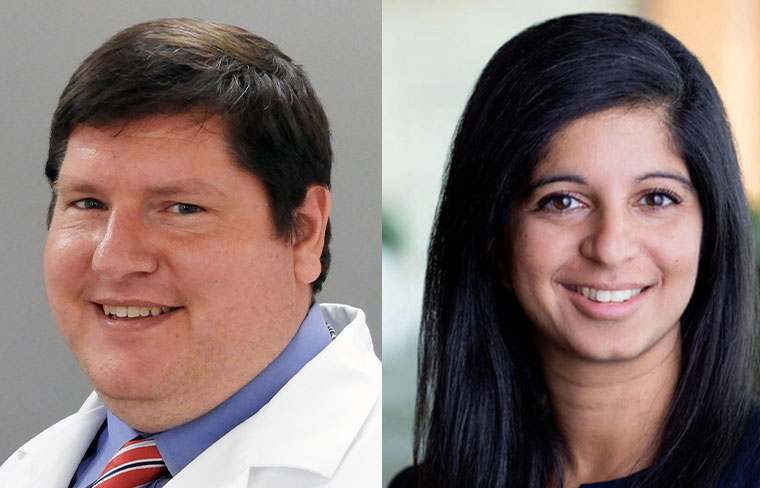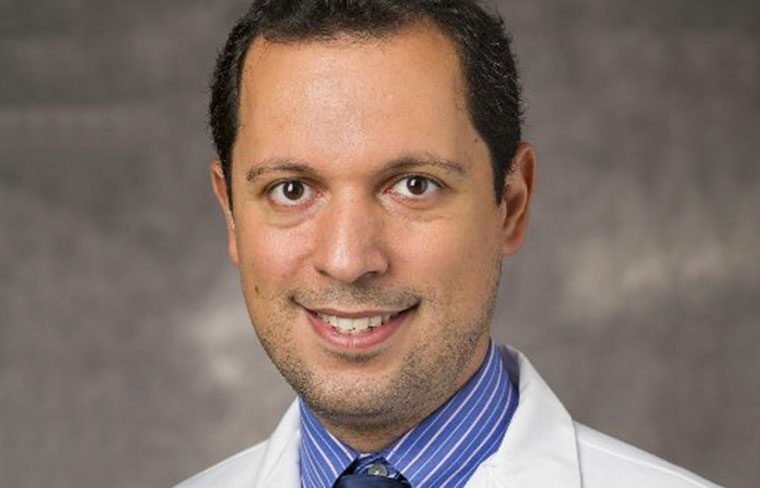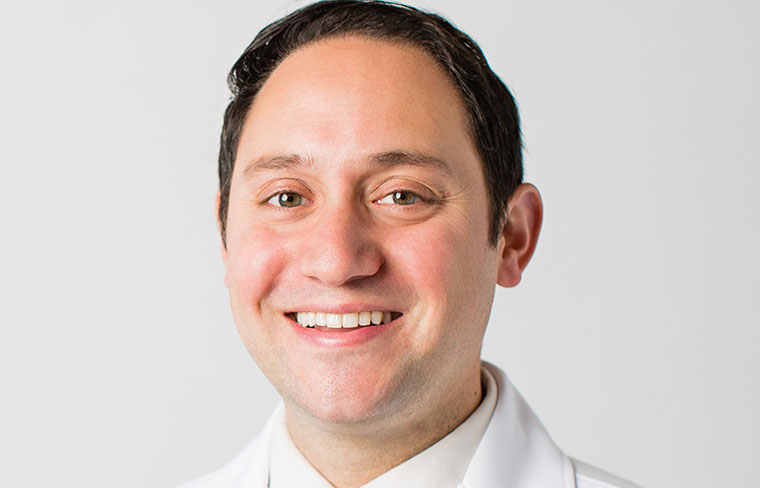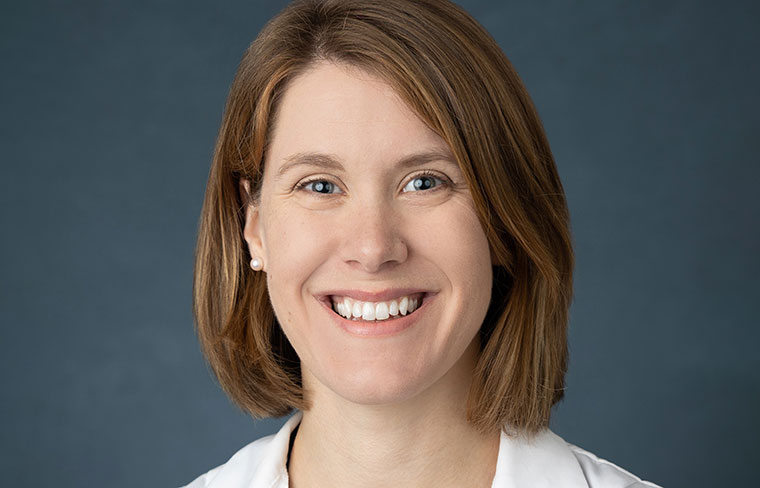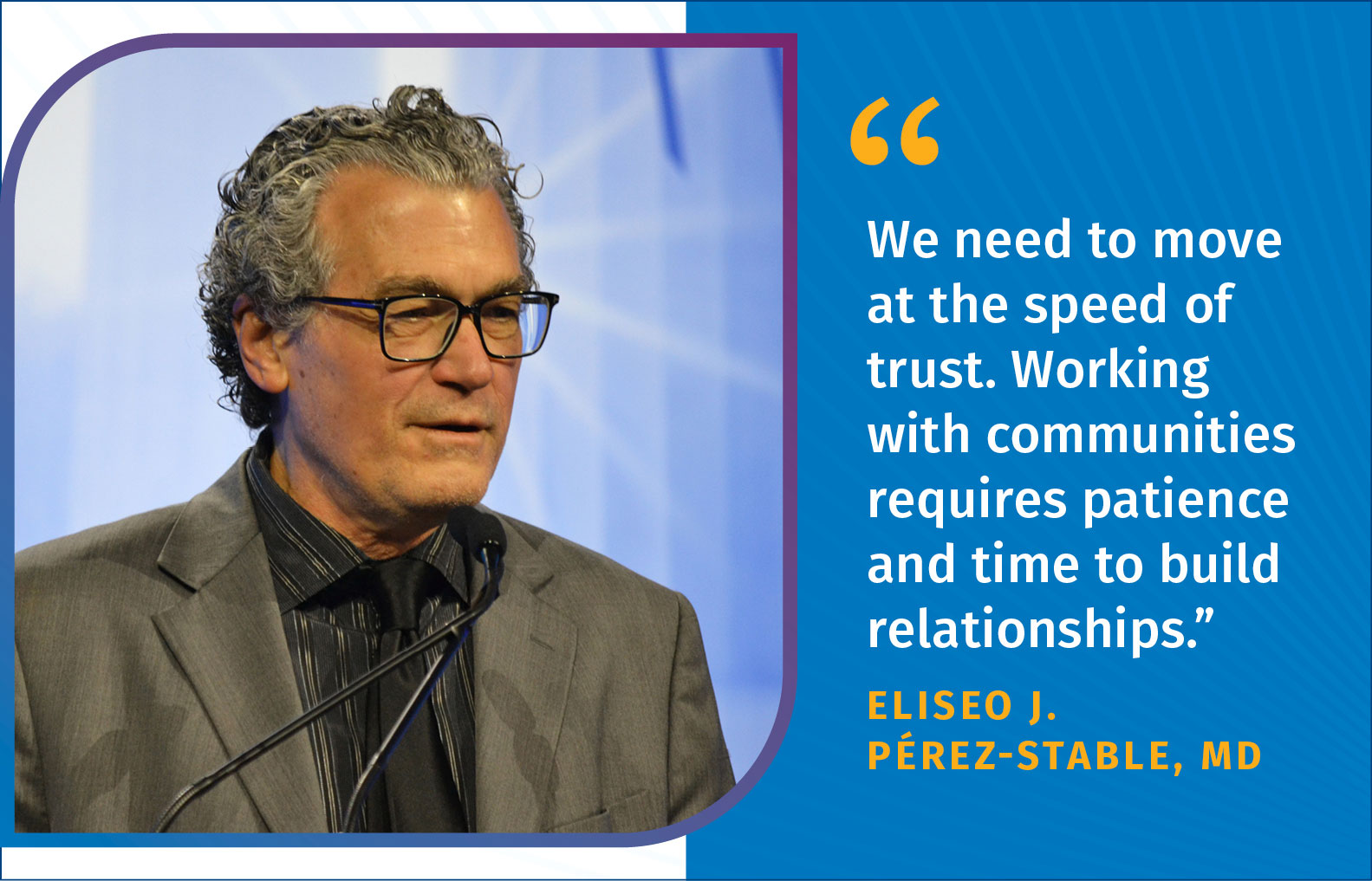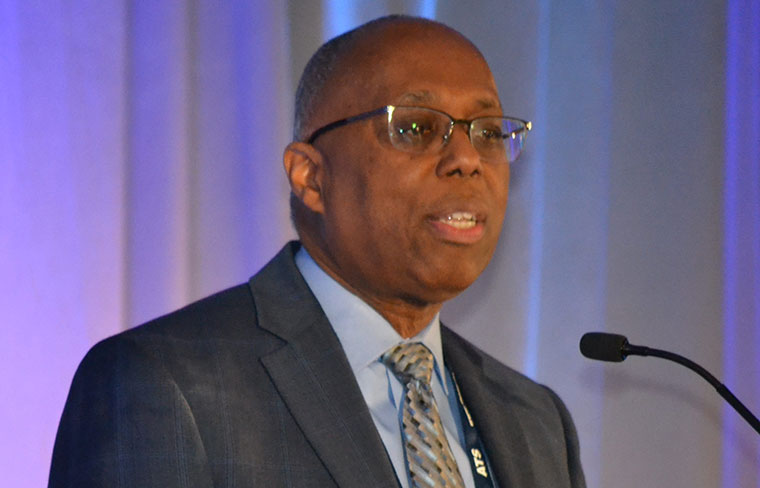Issue 3 2023
-
Tuesday Keynote to Address Physicians’ Role in Reducing Firearm Violence
Three experts in firearm violence and injury intervention and prevention—Emmy Betz, MD, MPH; Fatimah L. Dreier, MSc, MBA; and Joseph V. Sakran, MD, MPA, MPH—will discuss how doctors and policymakers can help minimize gun violence through advocacy and other actions.
-
Survey Results Illuminate Path Toward a More Diverse and Inclusive Workforce
Terri A. Laguna, MD, MSc, and other experts will unveil findings from a recent ATS diversity, equity, and inclusion survey that highlights the importance of a diverse workforce and how it contributes to improved outcomes for patients.
-
Experts to Review the Biological Impact of COVID-19 Across Every Age Group
Three years after its emergence, SARS-CoV-2 continues to affect communities around the world. Lael Yonker, MD, previews an expert discussion on identifying and treating COVID-19 and the long-term impact of the disease across the lifespan.
-
Experts to Explore Post-COVID Rehabilitation
The COVID-19 pandemic brought many unanswered questions and uncertainty about the effects of long COVID. Frits Franssen, MD, PhD, will chair a symposium that will explore COVID recovery treatments and whether pulmonary rehabilitation or natural recovery is more effective.
-
Second Critical Care Core Curriculum Session to Provide Best Practices in the ICU for Unique Patient Populations
Tuesday’s session will discuss the identification and management of opportunistic infectious pathogens in the ICU. Co-chairs Edward Kilb, MD, and Diana Kelm, MD, ATSF, preview what to expect.
-
Interactive Panel to Discuss Research Integrity and Lessons Learned from the Tuskegee Experiment
Participants in the Tuskegee Experiment were intentionally misinformed, and effective medication was withheld despite being available. Panelists will share insights about this medical breach of ethics and examine lessons learned to avoid similar missteps in research, said session Co-chair Maroun Matta, MD.
-
Oxygen Delivery Issues Underscore Need for Advocacy by Clinicians, the ATS
Patients who rely on medical oxygen are often provided the cheapest option for the medical equipment company rather than the best option, said Nicholas Kolaitis, MD, MS. He is part of a panel on the potential of clinician advocacy to effect change to improve the quality of life for these patients.
-
Clinical Year in Review 3 to Highlight Latest Papers in Asthma, Sarcoidosis, Sepsis, Sleep Disorders
The Clinical Year in Review will continue with the third of four sessions highlighting the most impactful papers across pulmonary, critical care, and sleep medicine. Michelle Sharp, MD, MHS, and other experts will discuss recent literature in asthma, sarcoidosis, sepsis, and sleep disorders.
-
Keynote Address Highlights the Power of Science to Improve Health Disparities
Eliseo J. Pérez-Stable, MD, identified the adverse effects of health disparities and outlined how science can provide the best defense against these imbalances. Engaging the community and standardizing the measurement of social and demographic factors that affect health are all part of the equation too.
-
Diversity Forum Speaker Calls for DEI Initiatives to Reclaim Excellence, Remain Hopeful for the Future
Horace Delisser, MD, brought his message of hopeful awareness to the attendees of the ATS Diversity Forum. “DEI is under assault in the wider society and in medicine,” he said. He offered a framework for researchers and providers to reclaim DEI in the name of excellence.

